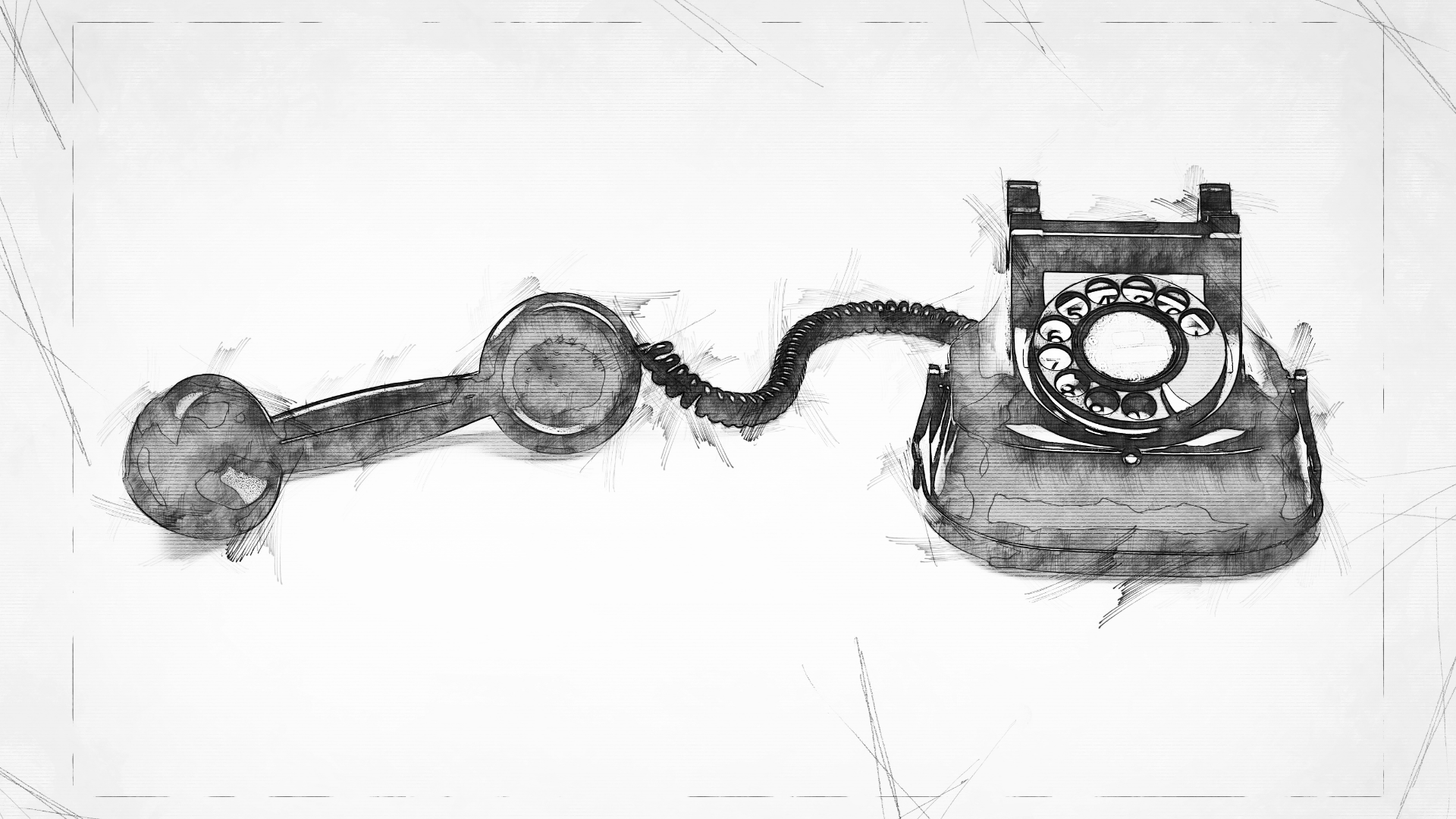POETRY
“AGAINST DUST” AND “KAZE NO DENWA (WIND PHONE)”
April 22, 2024 | by James CrewsAGAINST DUST
When I die, I will not be demoted
to dust, just a flake of ash to flavor the air
or float downriver into the sea.
The me of me—whatever brightness that is—
will be gathered up by a force
that doesn't ask much of us except
to worship the world as it's given—
cracking plaster, busted baseboards
barely giving off heat,
ticking like clocks this winter night
when I become convinced,
in spite of the evidence, that I am
not alone. Shut doors, off-center,
that open on their own,
holes in the hardwood floors
patched with duct tape,
every squeak and creak as I step toward
the kettle that no longer screams
when steam pours out of the spout
like a spirit leaving the body for good—
these too must be praised
until our ground time here is up.
KAZE NO DENWA (WIND PHONE)
On a hillside outside of Tokyo,
a man has built a glass booth
with a disconnected rotary phone
for calling lost relatives,
for speaking to the dead.
He dials his cousin's old number,
sits in the booth overlooking
clumps of grass and a blossoming
plum tree, then he tells him
what's been happening lately—
the teacup he shattered that day
pouring Earl Grey too fast,
the iridescent green beetle
he found on a ripe fig
feeding on the juices inside.
Once he's finished,
he does not hang up the phone,
but waits and listens,
knowing silence will answer him—
or the not-quite-silence
of wind in the empty receiver
like the rush of water
in a seashell you keep pressing
to your ear, though you know
the voices trapped inside
can't possibly talk back.
James Crews is the author of the essay collection, Kindness Will Save the World, and editor of several bestselling poetry anthologies, including The Wonder of Small Things, Healing the Divide, The Path to Kindness, and How to Love the World, which has over 100,000 copies in print. He has been featured on NPR’s Morning Edition, and in People magazine, the Boston Globe, The New York Times Magazine, The Sun, and the Washington Post. He is the author of four prize-winning books of poetry, and his poems have appeared in Ploughshares, The New Republic, and other journals. James lives with his husband in the woods of Southern Vermont. jamescrews.net


